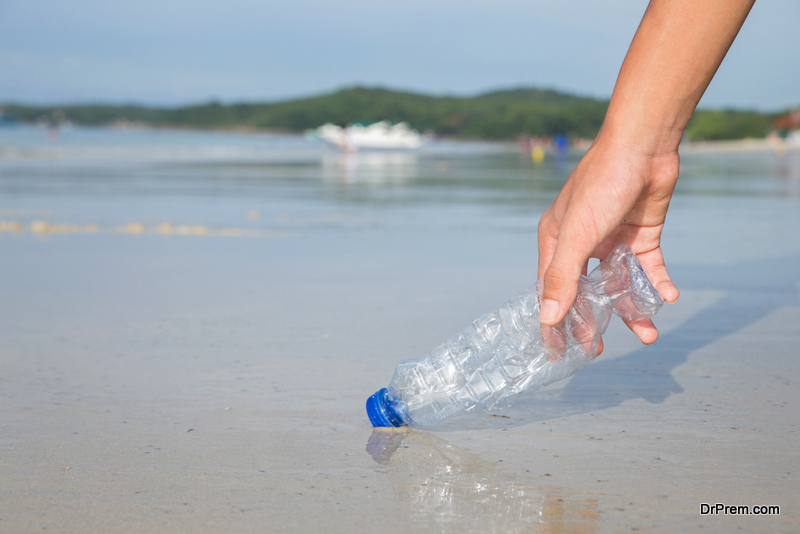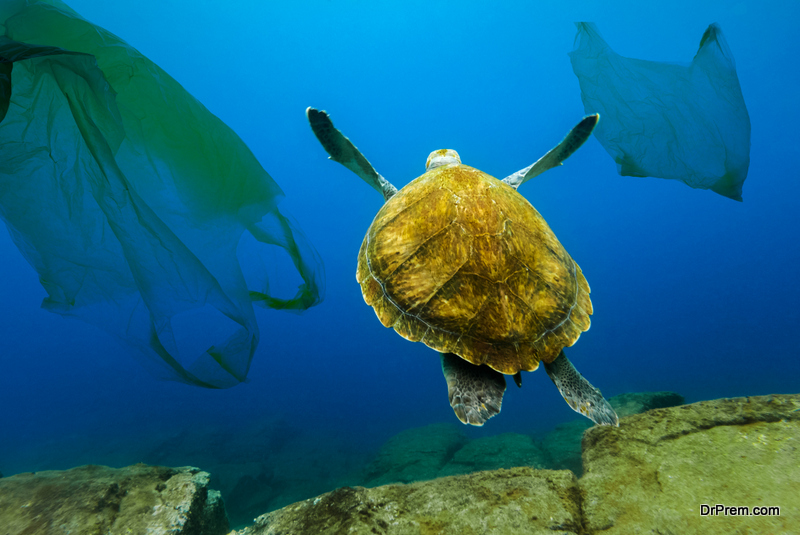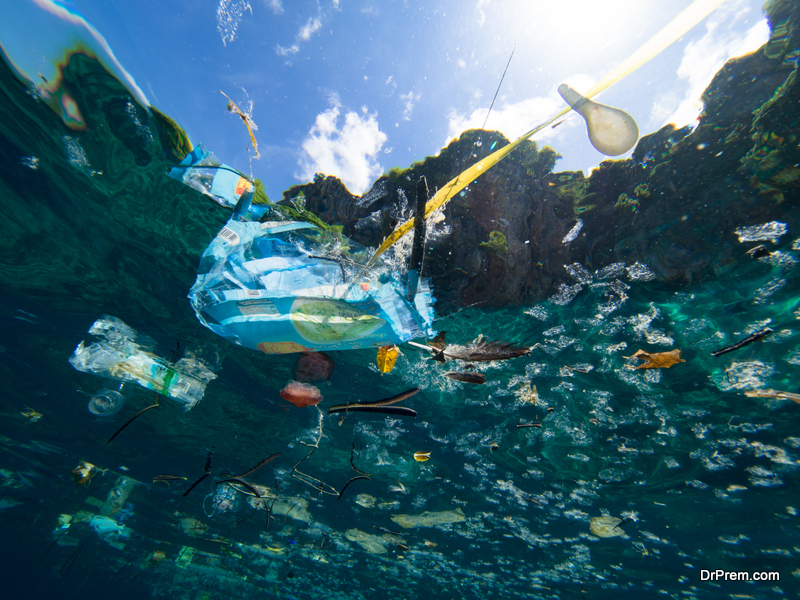The world’s oceans today are filled with plastic, and it isn’t easy to get rid of them. The presence of plastic has been found even in the deepest oceans, and it just tells how we have polluted oceans than previously imagined.
The Problem with Plastics
 For one, there is the toxicity. Secondly, it brings inherent danger to human and marine life. Plastic deposited into arable landfills can contaminate both soil and groundwater with very harmful chemicals, toxins and microorganisms. The resultant effects of marine pollution brought about by ocean plastics are quite immeasurable.
For one, there is the toxicity. Secondly, it brings inherent danger to human and marine life. Plastic deposited into arable landfills can contaminate both soil and groundwater with very harmful chemicals, toxins and microorganisms. The resultant effects of marine pollution brought about by ocean plastics are quite immeasurable.
Cleaning up the ocean’s plastic isn’t easy
When looking at land in this case, even for those in the oceanic areas, the adverse effects of plastic on marine life, in general, is now being felt. Plastic pollution can have an effect on the lives of animals, ocean birds and sea turtles. Many for instance, get killed after being entangled in it each year. The insides of even whales contain significant amounts of plastic.
A Look at How Plastic Pollution in Oceans Became a Worry
 Every year, more than over 8 million metric tons of poisonous plastic find their way into our oceans. This could be termed as the plastic micro-pollution that comes with its grave toxicity and attendant consequences on the food chain. Currently, there is an estimated ratio for plastic to fish of 1:5.
Every year, more than over 8 million metric tons of poisonous plastic find their way into our oceans. This could be termed as the plastic micro-pollution that comes with its grave toxicity and attendant consequences on the food chain. Currently, there is an estimated ratio for plastic to fish of 1:5.
So invariably, just between our oceans and landfills, we are dumping an average of an entire garbage truck’s worth of plastic into the ocean every minute. The shocking part is this; it is being projected to rise to 4 garbage trucks of plastic every minute by 2050 if not properly checked.
In order to help stem this tide and save our oceans from been taken over by poisonous plastics that destroy marine life, it is important to:
- Can it: Endeavor to always use a trash can with a lid. It is safer.
- Tap it: Try to drink water in a reusable bottle. It is preventive.
- Refuse it: Endeavour to buy less to reduce the amount of manufactured items winding up as trash in the ocean
- Reuse it: Don’t forget to take along your reusable coffee mug, picnic supplies or shopping bags. It goes a long way.
- Recycle it: Make sure to go the extra mile in sorting and separating items that can be recycled.
Article Submitted By Community Writer


